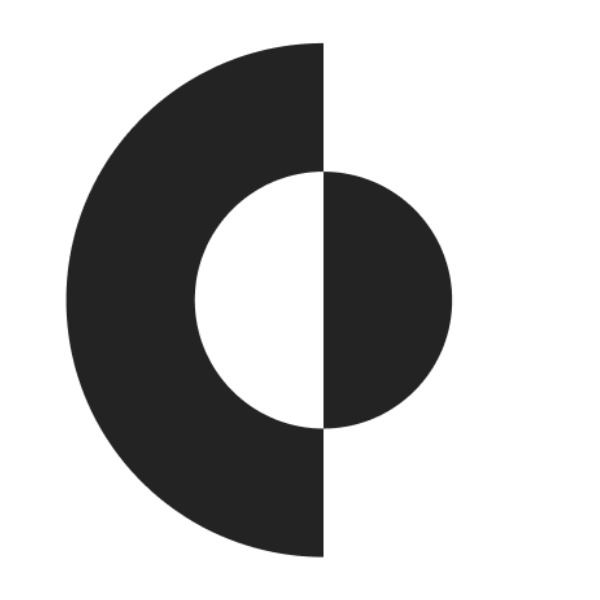International Electrotechnical Commission
The International Electrotechnical Commission (IEC) is a non-government, non-profit organization that oversees the publishing of the international standards for all electronic technologies. With this purpose, the IEC has become a reference for global legislation that affects a wide array of businesses ranging from technological giants like Google, to smaller local companies. Also, with a membership of over 83 countries worldwide, the IEC has garnered a global influence that shapes many practices of the international business world.
In this article, we will break down the background and impact of the IEC to help you better understand how their practices may be affecting your business.
Background
At the opening of the 20th century, electrotechnlogies were beginning to become more commonplace, but there was little in terms of regulation to oversee their production and usage. In response, the British Institution of Electrical Engineers and the American Institute of Electrical Engineers held a summit in Paris to discuss terms and regulations that could oversee their work. This meeting laid the groundwork for what would be the formation of the IEC in 1906. Since that time, the IEC has created the standards for electronic technology such as developing accepted units of measurement (i.e. Hertz, Gauss, and Weber) as well as a multilingual international vocabulary to more clearly define electronic technology (International Electrotechnical Vocabulary).
Impacts
With over 80 countries holding membership status, the IEC has a global reach, but their actions are always in the best interest of business owners. Here are just a few of the benefits that have come about thanks to the IEC:
Reduce Costs
On their website, the IEC states that their international standards save companies nearly 4.5% in production costs while also helping streamline the overall production process. Also, products that are built according to IEC certification are able to skip many of the steps when it comes to national level registration, a provision that lowers trade barriers and increases market access.
Improve Quality
Having products backed by a standard will inherently ensure a higher product quality. And with an internationally recognized standards, companies have an easily accessible reference for both product and performance benchmarks.
Simplify Process
Companies that are driven by standardized processes will not only be more efficient, but will also appear to be a more attractive business partner. In fact, many international companies now insist that business partners abide by standardized practices, which is simply another incentive to abide by IEC standards.
Build Reach
Standardized products are easier to market and will therefore lead to higher sales. Customers will also be able to trust your products over non standardized products, thus solidifying your reputation in your respective market.
Since its formation, the IEC has worked to regulate technological standards in a way that makes products safer and more dependable. With these standardized practices, companies can bypass many of the trade regulations that burden non-standardized products. Furthermore, by abiding by these standards, companies can make their businesses more recognizable while also maintaining a high standard of quality.



